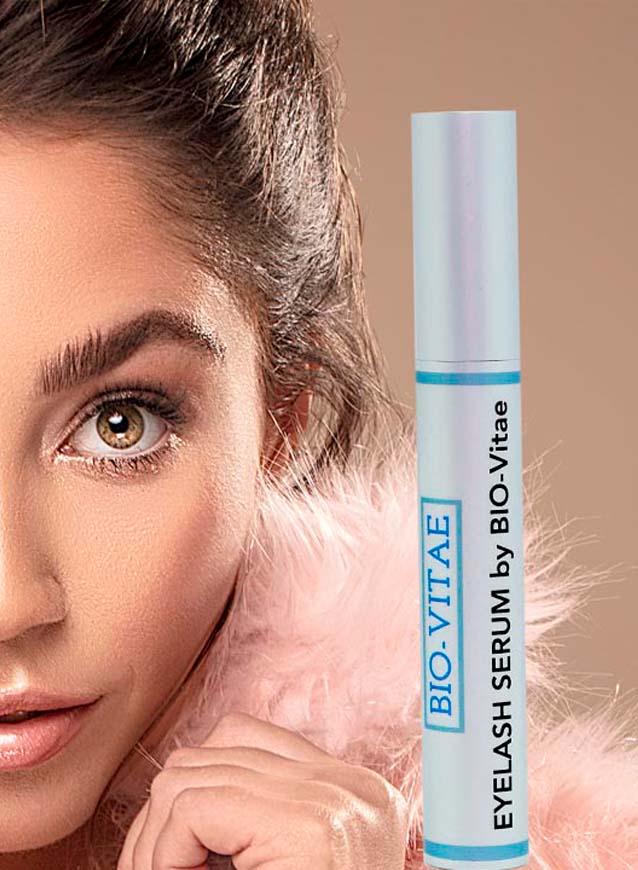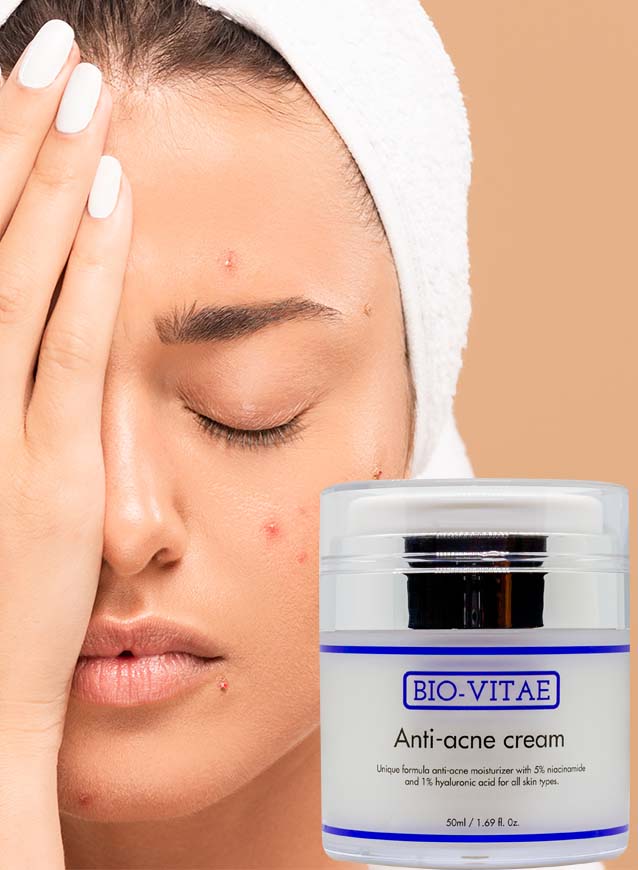What is Rosacea

Rosacea is a common skin condition that primarily affects the face. It is a chronic condition that can cause redness, rashes, pustules and tenderness on the face. Rosacea can also lead to increased fragility in blood vessels and increased sensitivity to the sun.
Symptoms of rosacea can include redness and warmth of the face, especially in the forehead, nose, cheeks and chin. Pustules and bumps may also appear, and in some cases the skin may become dry and scaly. Rosacea can also cause eye irritation, including red, itchy and watery eyes.
The cause of rosacea is still unknown, but it is believed to be due to a combination of factors such as heredity, hormonal changes, bacteria in the skin and reactions to certain foods and drinks. Rosacea can also be aggravated by exposure to the sun, cold, wind and stress.
The treatment of rosacea depends on the severity of the condition. Mild to moderate rosacea can be treated with creams and lotions. These creams can help reduce redness and relieve irritation.
In cases of severe rosacea, the doctor may recommend oral antibiotics or other medicines. In some cases, laser treatment may also be an option to reduce the visibility of red blood vessels and improve the appearance of the skin.
Skin care is an important part of treating rosacea. It is important to use gentle, non-irritating skin care products that are specifically designed to soothe and soothe the skin. It is also important to protect the skin from the sun by using a sunscreen with a high SPF and to avoid exposure to cold and wind.
It is important to note that rosacea cannot be cured, but the symptoms can be controlled and reduced with the right treatment and skin care. It is important to seek advice from a dermatologist if you suspect you are suffering from rosacea in order to get the right diagnosis
Rosacea can manifest in different ways, but the typical signs and symptoms include:
-
Facial redness: Facial redness, especially in the forehead, nose, cheeks and chin, is the most common sign of rosacea. The redness can be permanent or come and go.
-
Pustules and pustules: Some people with rosacea may develop small, red bumps and pustules that may look like acne.
-
Eye irritation: Rosacea can also cause red, itchy and watery eyes, known as ocular rosacea.
-
Telangiectasias: Rosacea can also lead to the dilation of small blood vessels in the skin, known as telangiectasias, which can appear as fine red or purple lines.
-
Flaky and dry skin: Rosacea can also cause flaky and dry skin, especially on the forehead, nose, cheeks and chin.
It is important to note that symptoms can vary from person to person and that some people may have severe symptoms while others only have mild symptoms. It is important to seek advice from a dermatologist if you suspect that you suffer from rosacea in order to get the correct diagnosis and treatment.








